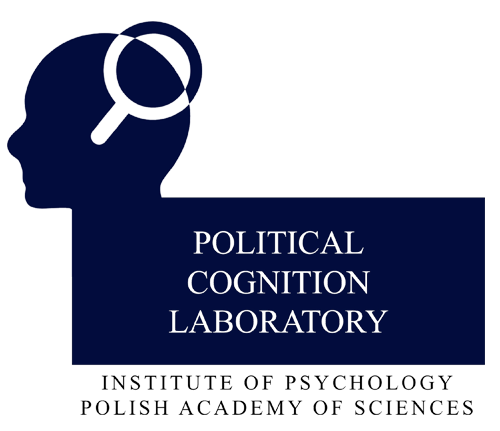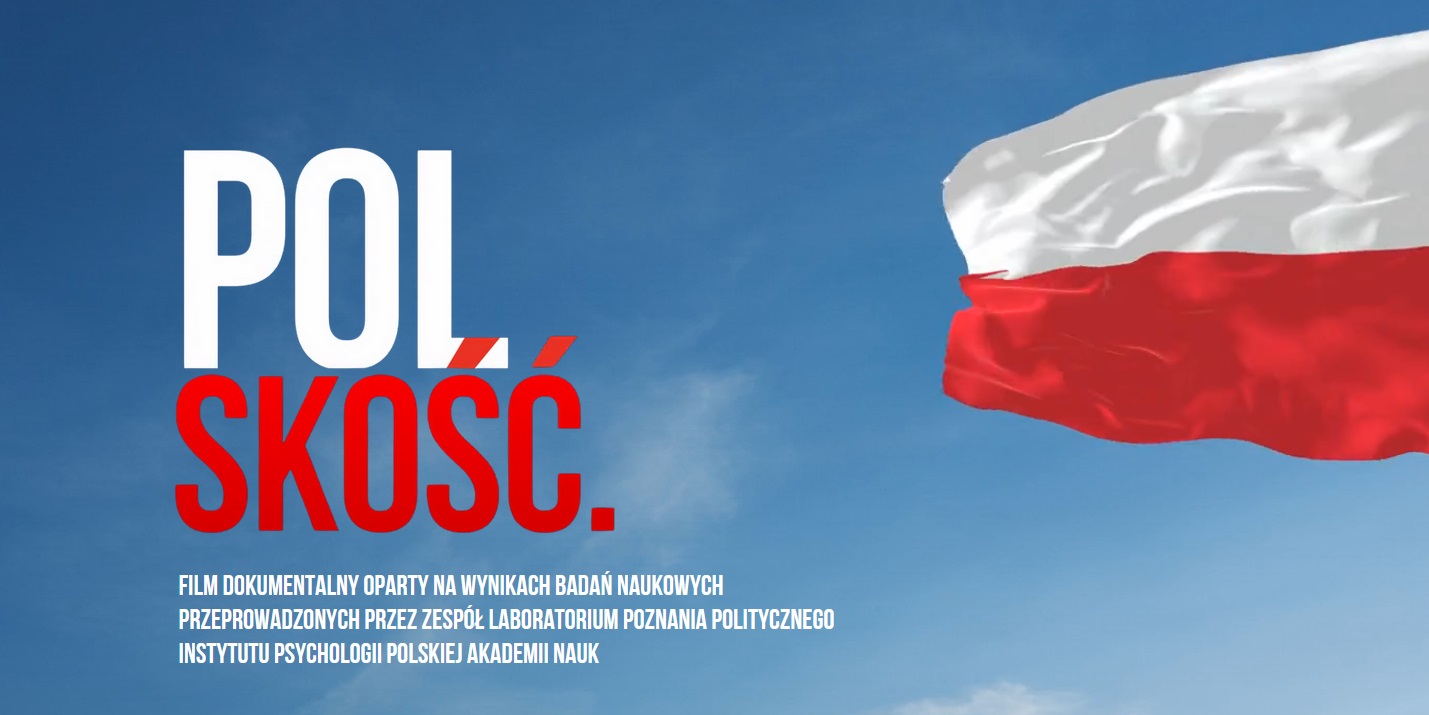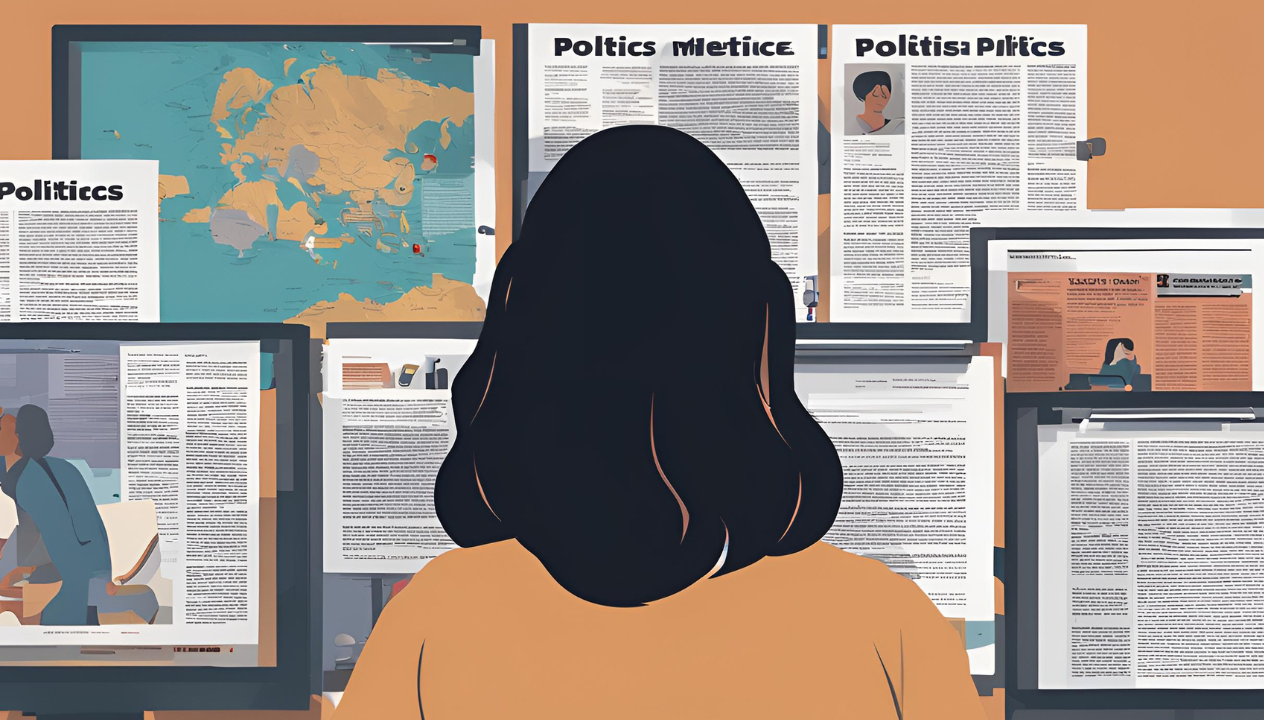Dr. hab. Marta Marchlewska, professor at the Institute of Psychology of the Polish Academy of Sciences, has been awarded the Sonata Bis 13 grant by the National Science Centre!
For several years now, there has been talk of a global crisis in democracy. Significant popularity of divisive populist politics, increasing tendencies towards expressing extremist views, hatred towards minorities, and growing disinterest in engaging with the country's affairs among some citizens are phenomena affecting many European countries. At least some of these phenomena can also be observed in Poland. Why do some of us hold democratic attitudes, while others increasingly turn away from democracy? Could the way we perceive ourselves play a role in these processes?
The goal of our project is to answer the aforementioned questions by analyzing one of the key variables in personality psychology, which is narcissism (understood as a form of self-esteem characterized by a high sense of importance and entitlement to special treatment).
By combining political and personality psychology, we aim to: (1) investigate which forms of narcissism might contribute to anti-democratic attitudes and choices (e.g., support for radical views or hostility towards those with different opinions); (2) examine what psychological context could mitigate the relationship between narcissism and anti-democratic attitudes (e.g., strengthening interpersonal trust/reducing social cynicism); (3) understand how specific political contexts (e.g., anti-democratic or authoritarian vs. democratic) might influence fluctuations in narcissistic states.
Our project will observe and describe the nuances related to the relationships between different types of narcissism (antagonistic, neurotic, communal, and agentic) and attitudes towards democracy. We assume that not all forms of narcissism are necessarily associated with negative attitudes towards democracy, which requires not only personal civic engagement but also acceptance of the activities of others who may not share our beliefs or political views. Considering that support for democracy requires a sense of security in relationships with others and an open attitude towards others, we predict that a negative attitude towards democracy will primarily characterize antagonistic narcissists (characterized by arrogance, psychological defensiveness, and a desire to harm others) and neurotic narcissists (characterized by low psychological security and high sensitivity to threats to the self). Agentic narcissists (focused on themselves and their achievements) and communal narcissists (wanting to be seen as altruistic and helpful) should, at least under certain circumstances, exhibit attitudes supporting democracy. In the next steps, we will investigate how to strengthen democratic attitudes/weaken anti-democratic ones in different types of narcissists and whether exposure to a democratic (vs. anti-democratic) political context can lead to fluctuations in narcissistic states. For example, we assume that exposure to autocratic norms may lead to an increase in antagonistic and neurotic narcissistic states.
Does narcissism always have to result in negative outcomes in the political arena? What can be done to counteract these effects? Or perhaps certain political systems have a greater (vs. lesser) potential to strengthen (weaken) our narcissistic tendencies? We will answer these questions by conducting our project.








